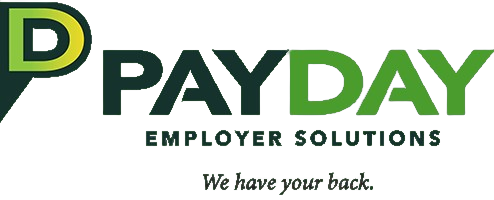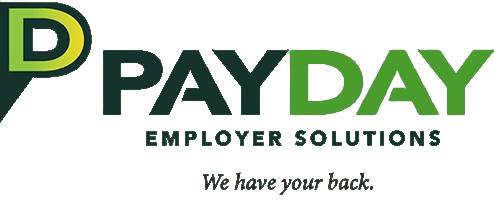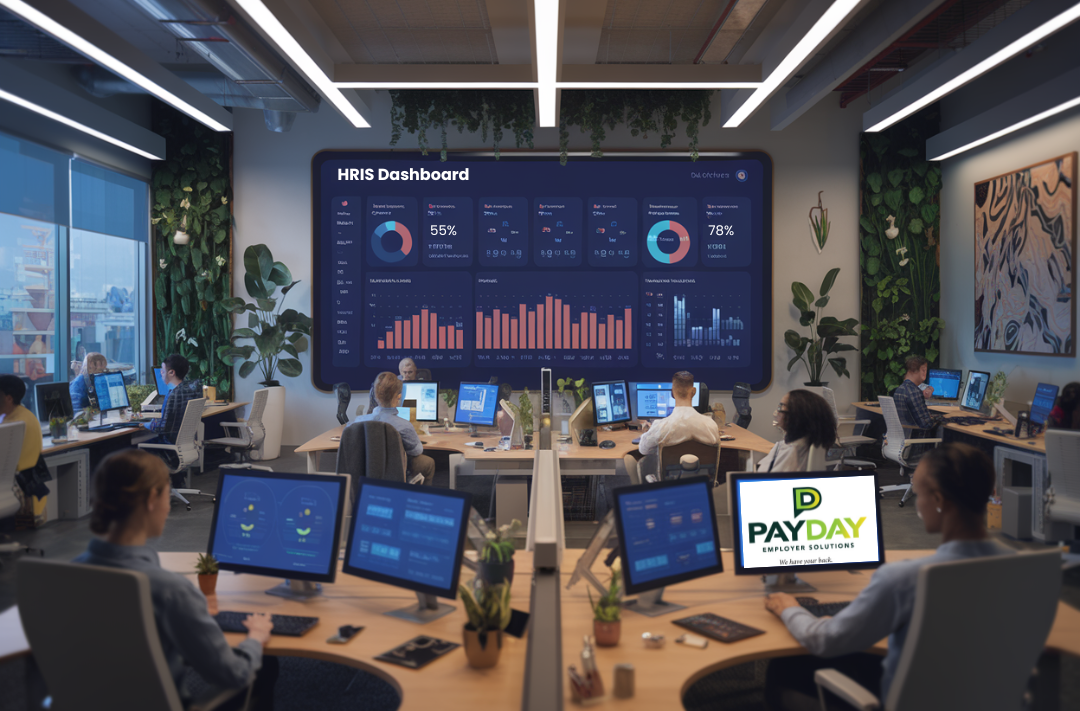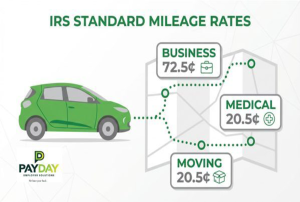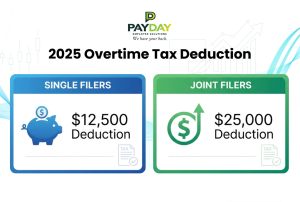Picture an HR landscape free from delays and compliance headaches, running with seamless precision. That’s the promise of HRIS (Human Resource Information Systems). As technology evolves, HRIS isn’t just a tool—it’s the foundation of modern HR management. Therefore, understanding its role is essential for businesses aiming to stay competitive.
What is HRIS and Why It Matters?
Think of an HR management system as the ultimate orchestrator of your organization’s HR functions. Whether it’s managing payroll, recruitment, or ensuring legal compliance, this unified platform brings every component together, ensuring everything runs in sync. By coordinating all key HR activities, it eliminates inefficiencies and enhances productivity. It’s much more than a piece of software—it’s the heart of effective HR operations.
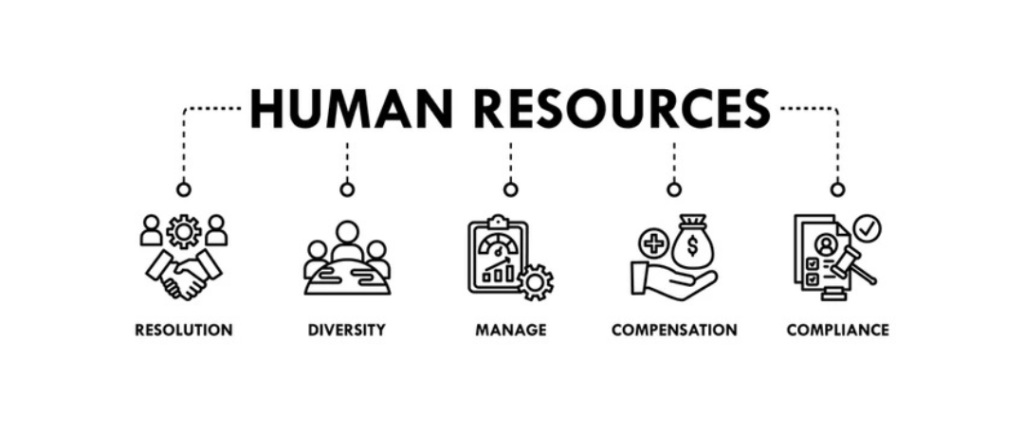
Core Functionalities of HR technology
- Payroll & Benefits Administration: Imagine payroll running like clockwork—accurate, automated, and hassle-free. HR solutions makes it happen while ensuring employee perks are managed effortlessly, as seen in HR integration and automation.
- Talent Acquisition & Retention: From hiring top talent to keeping them engaged, HR software monitors each phase, integrating onboarding tools for seamless transitions from candidate to employee.
- Performance Monitoring: With access to real-time data, managers can monitor performance effectively. Thus, they can turn average performance into outstanding results. HRIS offers insights that are crucial for maintaining a high-performing workforce.
- Compliance Management: Navigating complex labor laws becomes simple with HRIS. These systems automate compliance, shielding businesses from costly errors. In addition, regular updates ensure that companies remain ahead of regulatory changes.
Why Businesses Need HR management tool
In the absence of HRIS, organizations grapple with inefficiencies like data silos, manual errors, and cumbersome processes. Adopting HR operations system not only minimizes these challenges but also empowers HR teams to transition from administrative tasks to strategic functions while maintaining compliance with labor laws.
Why HR Management Needs to Adapt to HRIS
The days of clunky spreadsheets and paper trails are over. Modern HR needs tools as agile as the businesses it serves, and HR technology delivers just that. By embracing HRIS, HR professionals can finally ditch the busywork and focus on what truly matters—developing a thriving workplace.

Challenges of Traditional HR Practices
Without a modern HR solution like HRIS, organizations face several persistent challenges:
- Time Drains: Tedious data entry and paperwork consume valuable time that could be spent on strategic tasks.
- Data Silos: Information scattered across multiple systems makes retrieving crucial data difficult. Thus, finding the right information becomes like searching for a needle in a haystack.
- Compliance Chaos: Labor laws change frequently, and staying compliant manually can be overwhelming. However, HRIS can automate compliance processes, reducing risks and ensuring peace of mind.
Technological Revolution in HR
HRIS leverages advanced features such as cloud computing and mobile accessibility. Consequently, it ensures scalability and enhances the employee experience. In addition, these technologies help future-proof HR operations, making them adaptable to evolving business demands.
HRIS: The Backbone of HR Management Efficiency
In HR, efficiency isn’t just a luxury—it’s essential for survival. Through automation and streamlined processes, HRIS does more than improve workflows—it transforms them. Moreover, it enables HR teams to shift their focus from repetitive tasks to value-driven initiatives.
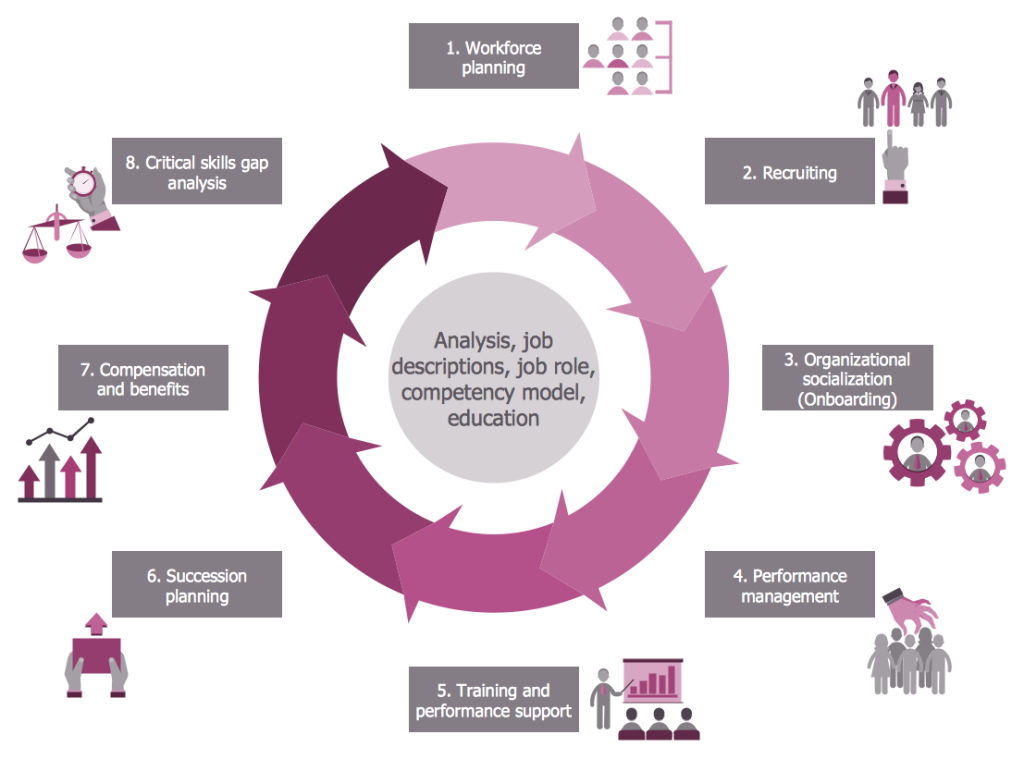
Streamlining Repetitive Tasks
Reclaim precious hours with HRIS. By automating tedious tasks like payroll processing and approval workflows, your HR team can focus on strategies that drive growth. Plus, built-in reminders for evaluations and updates ensure nothing slips through the cracks.
Centralized Data Management
Say goodbye to scattered spreadsheets and disconnected systems. HR software creates a single source of truth for employee data, ensuring accuracy and easy access. Whether you need payroll details or performance histories, it’s all at your fingertips—anytime, anywhere.
The Benefits of HRIS for Organizations
HRIS simplifies processes, drives productivity, and empowers employees. Time management tools play a key role in streamlining workflows. By simplifying processes, driving productivity, and empowering employees, HRIS delivers a competitive edge that’s impossible to ignore.

Enhanced Productivity
Boost your team’s output by eliminating mundane chores. With HRIS handling the repetitive stuff, HR pros can focus on meaningful work—like training employees, fostering engagement, and driving innovation.
Improved Compliance
Stay ahead of the compliance curve. HR software monitors labor laws, flags changes, and automates updates, ensuring your business stays in the clear—no fines, no headaches.
Scalability for Growth
Growing pains? Not with HRIS. Whether you’re onboarding 5 or 500 employees, this system scales effortlessly, adapting to your business needs while keeping operations smooth and manageable.
Boosted Employee Satisfaction
Happy employees are productive employees. HR solutions empowers teams with self-service tools to manage their time off, review payslips, and update details—anytime they want, all without HR intervention.
Where HR Meets Impact
In a rapidly evolving workplace, HRIS has become indispensable. By optimizing processes and improving employee engagement, this essential tool enables HR teams to excel in a complex environment.
Take charge of your HR operations today. Discover how HR technology can pave the way for a streamlined, future-ready workplace. Contact us to learn how HRIS can empower your organization to achieve its goals.

FAQs
What is HRIS in simple terms?
HRIS is a digital system that integrates various HR functions into a unified platform, streamlining operations and enhancing efficiency.
Why is HRIS important for modern businesses?
HRIS is crucial for automating HR tasks, maintaining compliance, and providing data-driven insights for strategic decision-making.
How does HRIS benefit employees?
Employees enjoy user-friendly self-service tools, faster response times, and streamlined processes for managing personal records.
Can HRIS adapt to small businesses?
Yes, HRIS is scalable and can cater to businesses of all sizes, offering tailored solutions for specific needs.
Is HRIS secure for handling sensitive data?
Modern HRIS platforms prioritize data security with encryption, multi-factor authentication, and regular updates to safeguard sensitive information.
What are the costs associated with HRIS?
Although costs may vary depending on the system’s features, organization size, and customization requirements, the return on investment (ROI) often justifies the expense. Moreover, many businesses find that the long-term savings, efficiency gains, and improved compliance far outweigh the initial costs.
